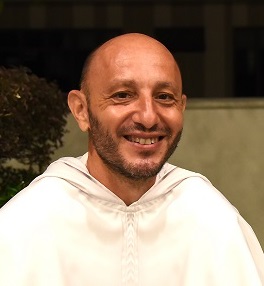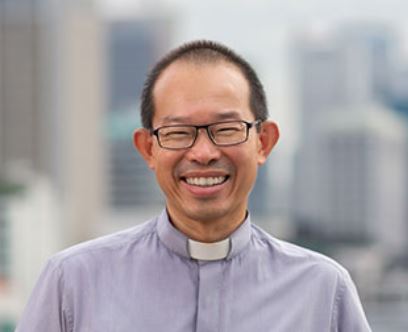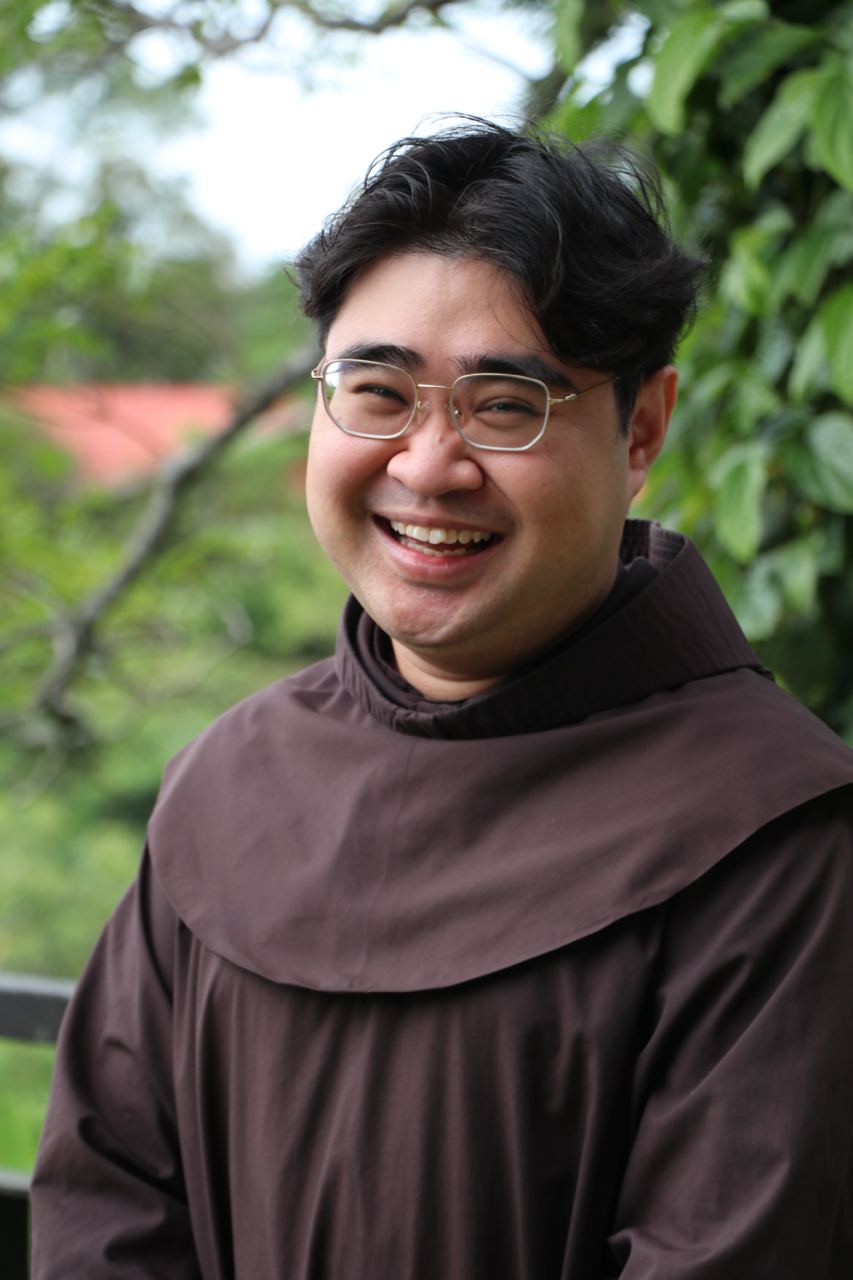FAQ – May 2020
Below are answers to questions raised during the Covid-19 crisis.
Some of these are found in our regular FAQs but are extracted and updated here for your convenience.
The money that GIFT collect goes to funding the priorities of the archdiocese of Singapore. Catholic Foundation provides money through a block grant to the Titular Roman Catholic Archbishop of Singapore (TRCAS) for specific initiatives that are approved by the archbishop and aligned to the pastoral vision of building a more vibrant, evangelising and missionary Church.
The specific initiatives supported by the grants in each year are detailed in our annual reports that are found here. In summary, funding has and continues to be provided for:
- Operations of key Catholic organisations that are responsible for evangelisation efforts and formation of the Catholic community, such as the Archdiocesan Commission for Catholic Schools (ACCS), the Archdiocesan Commission for the Family (ACF), the Catholic Theological Institute of Singapore (CTIS), the Office for Catechesis (OFC), the Office for the New Evangelisation (ONE) and the Office for Young People (OYP).
- Initiatives that support the next stage of development of the pastoral plan such as the Digital Church, Catholic Leadership Centre (CLC), Catholic Preschool Education Singapore (CPES), Strategic Planning and Communion, and SG Catholic Bicentenary.
- Scholarships to support the building of the human and organisational capacity of the Church in Singapore.
- Clergy welfare and retirement for our elderly shepherds.
- Major building projects such as Bethany East, St Francis Xavier Seminary Building and the Catholic Hub.
- Sinking funds for the future lease renewals and building renovations of parishes and the archdiocese’s properties.
The money that is needed by the archdiocese is described in the Advent 2019 GIFT booklet.
In summary, the funding required from GIFT was estimated to be about $78 million or nearly $20 million per year over the next four years, as follows:
| S/N | Description | 2020-2023 (S$ million) |
|---|---|---|
| 1 | Archdiocesan Organisations (ACCS, ACF, CTIS, OFC, ONE, OYP, CLC, CPES) |
22.1 |
| 2 | Catholic Hub | 40.0 |
| 3 | Sinking Funds | 9.6 |
| 4 | CFS & Clergy Welfare & Retirement | 4.4 |
| 5 | Other Strategic Projects & Initiatives | 2.0 |
| Total | 78.1 |
While these financing requirements are a stretch, they are within the reach of the Catholic community. Some expenditures have been scaled down particularly for contributions to the sinking funds and in the phasing of the development of the Catholic Hub from previous estimates.
There are structures and mechanisms in place to assure that Catholic Foundation and the Church are responsible and accountable for the funds collected and used.
Further details on financial governance and accountability of the Catholic Church and Catholic Foundation can be found in these writeups by Monsignor Philip Heng, Vicar General (Finance):
- Structure and Governance of the Catholic Church in Singapore
- Financial Governance: When Canon Law meets Civil Law
- Fundraising for God’s Work
- Protecting the Collection and Use of God’s Resources
In brief, the structures and mechanisms related to Catholic Foundation include:
- Catholic Foundation is a registered charity.
All activities and reporting of Catholic Foundation have to comply with the guidelines and regulations of the Commissioner of Charities and the Charities Act which governs all charities in Singapore.
- Catholic Foundation is governed by a board of directors.
The board of Catholic Foundation is appointed by the Archbishop and consists of leadership priests, as well as professionals with relevant backgrounds such as accounting, legal, and corporate governance.
- Catholic Foundation is transparent.
Information of how money is raised and used can be found in Catholic Foundation’s annual reports and communications with contributors.
All contributors can have an online account which provides a complete record of their contributions.
- Information on the Foundation, including its conformance with the Code of Governance for Charities and IPCs, is also available on the charity portal.
- The board has legal and fiduciary duties, responsibilities and liabilities under the Companies Act and the Charities Act for the activities of the Catholic Foundation.
- Catholic Foundation is audited.
The financial statements, as well as accounting and control processes of Catholic Foundation, are audited by an independent auditor, Deloitte & Touche. The Audit Committee also commissions an annual internal audit.
The 5th Precept of the Catholic Church states: “You shall help to provide for the needs of the Church” (Catechism of the Catholic Church).
The Church has needs that require funds. Buildings need to be maintained. The staff needs to be paid. The priests need to be provided for and their welfare taken care of.
Traditionally, the Church has relied on collections at weekend Masses. This has proven to be limiting, especially during Covid-19 restrictions.
Regular giving is the most reliable source of funding for the Church. It provides a sustainable and constant flow of resources to be able to carry out God’s work in Singapore.
With known commitments from Catholics, funding is more predictable and operations and projects can be implemented with greater certainty of funding.
Every Catholic should consider pledging a monthly contribution to the Church.
The Old Testament practice of tithing – where the faithful gave 10% of their livestock or the produce of their land to God – is not practiced in the Catholic Church today. Tithing, though, remains widely practised among some Protestant churches.
The Catholic Church’s position is that God does not demand a fixed amount or percentage from us; He wants us to give from the heart. If we give freely and cheerfully the amount that we are able to, that is a great gift.
Although tithing is no longer practised, the spirit of tithing – regular giving of what you can afford and wish to give – should continue. In this way, every Catholic plays a part in collaborating with the mission of the Church. Each of us is called to provide the resources needed for God’s work to be done on earth.
See Also


 Clarice Chan, Chairwoman, Original Minds Group
Clarice Chan, Chairwoman, Original Minds Group










 Producer-Presenter, CatholicSG Radio
Producer-Presenter, CatholicSG Radio